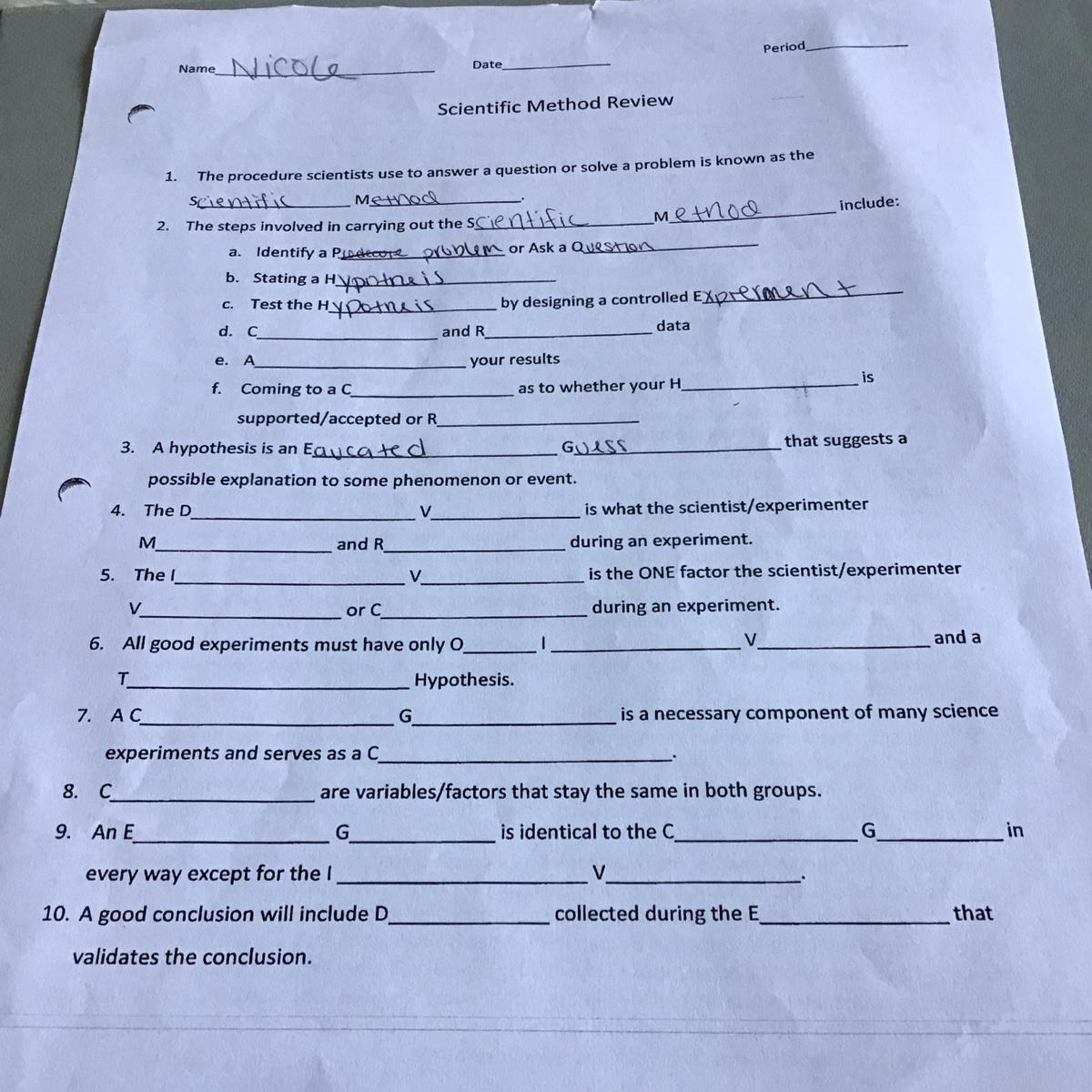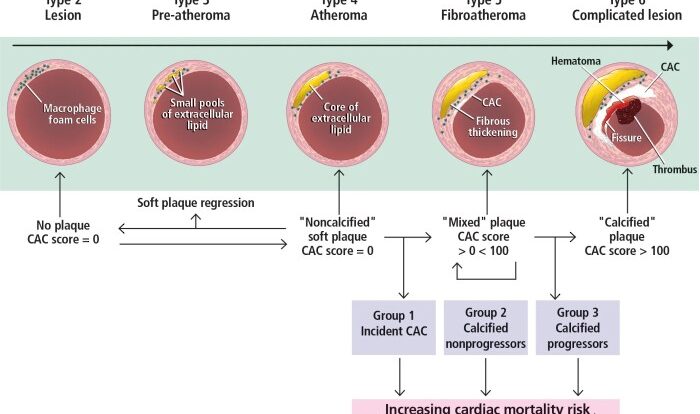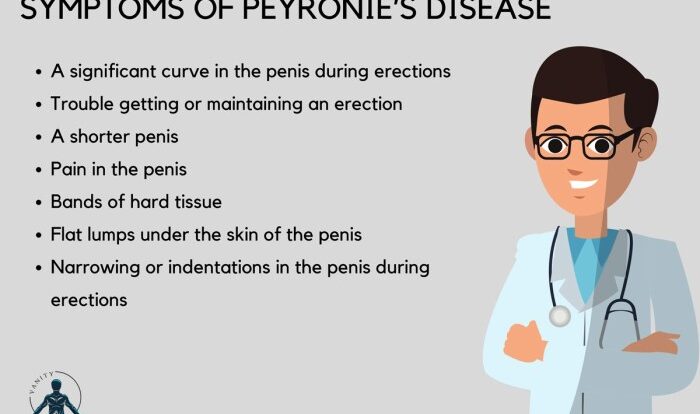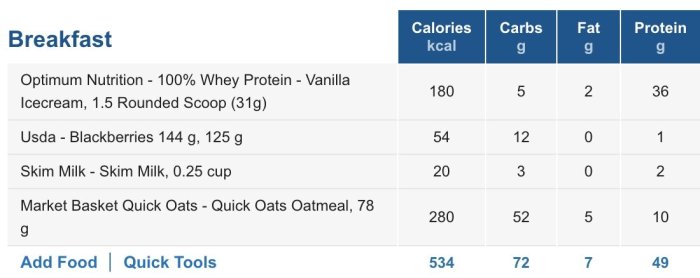Practice with the scientific method worksheet answers – Welcome to the ultimate guide to scientific method worksheets! Get ready to embark on a journey of discovery, understanding, and problem-solving. Our practice worksheet answers will empower you to master the scientific method and become a true scientific explorer.
Delve into the key components of a scientific method worksheet, learn the step-by-step process, and avoid common pitfalls. Our comprehensive guide will equip you with the tools and knowledge to excel in your scientific endeavors.
Introduction to Scientific Method Worksheets
Scientific method worksheets provide a structured approach for students to engage with the scientific method, fostering critical thinking, problem-solving, and analytical skills. These worksheets guide learners through the steps of the scientific method, enabling them to formulate hypotheses, design experiments, collect and analyze data, and draw conclusions.
Key components of a scientific method worksheet typically include:
- Hypothesis: A statement that predicts the outcome of an experiment.
- Experiment: A controlled procedure to test the hypothesis.
- Data: Observations and measurements collected during the experiment.
- Analysis: Examination and interpretation of the data.
- Conclusion: A statement that summarizes the results and supports or refutes the hypothesis.
Different types of scientific method worksheets cater to varying learning levels and specific scientific concepts. Some common types include:
- Guided Worksheets: Provide step-by-step instructions and support for students who are new to the scientific method.
- Independent Worksheets: Challenge students to apply their understanding of the scientific method independently.
- Inquiry-Based Worksheets: Encourage students to develop their own hypotheses and design experiments based on real-world observations.
- Problem-Solving Worksheets: Present scenarios that require students to apply the scientific method to solve problems.
Step-by-Step Guide to Completing Worksheets

Scientific method worksheets provide a structured approach to investigating and understanding scientific concepts. To effectively complete these worksheets, follow these steps:
Define the Problem
Identify the question or problem you are trying to solve. Clearly state the purpose of your investigation and the variables involved.
Form a Hypothesis
Based on your observations and prior knowledge, make an educated guess about the expected outcome of your experiment. Your hypothesis should be testable and specific.
Design the Experiment
Plan your experiment carefully to test your hypothesis. Determine the independent and dependent variables, control variables, and appropriate methods for data collection.
Conduct the Experiment
Follow your experimental design precisely. Record all observations and data accurately and objectively. Ensure that your measurements are reliable and consistent.
Analyze the Results
Examine the data you collected. Identify any patterns or trends. Use statistical methods or graphical representations to analyze the results and determine if they support your hypothesis.
Draw Conclusions
Based on your analysis, draw conclusions about the validity of your hypothesis. Discuss the implications of your findings and suggest further research or applications.
Common Pitfalls and Challenges

Navigating scientific method worksheets can be a bumpy road. Let’s shed light on common pitfalls and equip you with strategies to steer clear of them, ensuring your scientific explorations are as smooth as butter.
A frequent misstep lies in failing to grasp the fundamental concepts of the scientific method. This can lead to confusion and inaccuracies when attempting to complete worksheets. To avoid this, make sure you have a solid understanding of the scientific method’s steps and their significance.
Mistaking Observation for Hypothesis
Observations are descriptive statements about the world around us, while hypotheses are testable explanations for those observations. Mixing them up can throw a wrench in your scientific inquiry. Remember, observations simply describe what you see, while hypotheses propose a potential explanation for why you see it.
Assessment and Evaluation
Assessing and evaluating the completion of scientific method worksheets involves examining the quality of students’ responses and conclusions.
Criteria for Evaluation
*
-*Comprehension
Students should demonstrate an understanding of the scientific method and its steps.
-
-*Application
Students should be able to apply the scientific method to real-world scenarios.
-*Analysis
Students should be able to analyze data and draw valid conclusions.
-*Communication
Students should be able to communicate their findings clearly and concisely.
Methods for Providing Feedback, Practice with the scientific method worksheet answers
*
-*Written comments
Provide specific feedback on students’ strengths and areas for improvement.
-
-*Verbal feedback
Discuss students’ work individually or in small groups to provide personalized guidance.
-*Peer review
Have students review each other’s work to foster critical thinking and provide constructive criticism.
Integration into the Classroom: Practice With The Scientific Method Worksheet Answers
Integrating scientific method worksheets into the classroom curriculum can enhance student learning and promote critical thinking skills. Worksheets provide a structured framework for students to engage with the scientific process, develop hypotheses, design experiments, analyze data, and draw conclusions.
Lesson Plans and Activities
- Guided Inquiry:Use worksheets to guide students through a specific scientific investigation. Provide background information and materials, and have students follow the steps of the scientific method to complete the worksheet.
- Experimental Design:Assign worksheets that challenge students to design their own experiments. Provide parameters and have students develop hypotheses, identify variables, and create procedures.
- Data Analysis:Use worksheets to present data sets and have students analyze and interpret the results. Students can create graphs, tables, and draw conclusions based on the data.
- Scientific Communication:Incorporate worksheets that require students to write lab reports or present their findings. This promotes scientific writing and communication skills.
Benefits of Worksheets
Scientific method worksheets offer numerous benefits for student learning and assessment:
- Reinforcement of Concepts:Worksheets provide a tangible tool for students to apply their understanding of the scientific method and reinforce key concepts.
- Guided Practice:Step-by-step worksheets guide students through the scientific process, providing support and scaffolding for their learning.
- Assessment Tool:Worksheets can be used to assess student understanding of the scientific method, their ability to design experiments, and their data analysis skills.
- Differentiation:Worksheets can be differentiated to meet the needs of all students. Provide different levels of support or challenge to accommodate varying learning styles and abilities.
Additional Resources
Enhance your understanding of the scientific method with these valuable resources tailored for teachers and students.
Explore interactive online worksheets, comprehensive lesson plans, and support materials to deepen your grasp of this fundamental scientific approach.
Online Worksheets
- Science Buddies: Interactive Worksheets and Project Ideas
- Education.com: Printable Worksheets and Lesson Plans
- Teachers Pay Teachers: Variety of Worksheets and Activities
Lesson Plans
- TeachEngineering: Inquiry-Based Lesson Plan
- National Science Teachers Association: Science Investigation Lesson Plans
- Khan Academy: Interactive Lesson on the Scientific Method
Professional Development
- National Board for Professional Teaching Standards: Science Certification Programs
- American Association for the Advancement of Science: Workshops and Webinars
- Edutopia: Teaching the Scientific Method: Essential Strategies
Final Review
Remember, the scientific method is not just a set of steps; it’s a mindset of critical thinking, observation, and experimentation. Embrace the spirit of inquiry, and let our practice worksheet answers guide you towards scientific success.
Quick FAQs
What are the benefits of using scientific method worksheets?
Scientific method worksheets provide a structured framework for students to learn and apply the scientific method. They help develop critical thinking skills, improve problem-solving abilities, and enhance understanding of scientific concepts.
What are some common pitfalls to avoid when completing scientific method worksheets?
Common pitfalls include not clearly defining the problem, making assumptions without evidence, and drawing conclusions that are not supported by the data. Our guide will help you identify and avoid these pitfalls.





